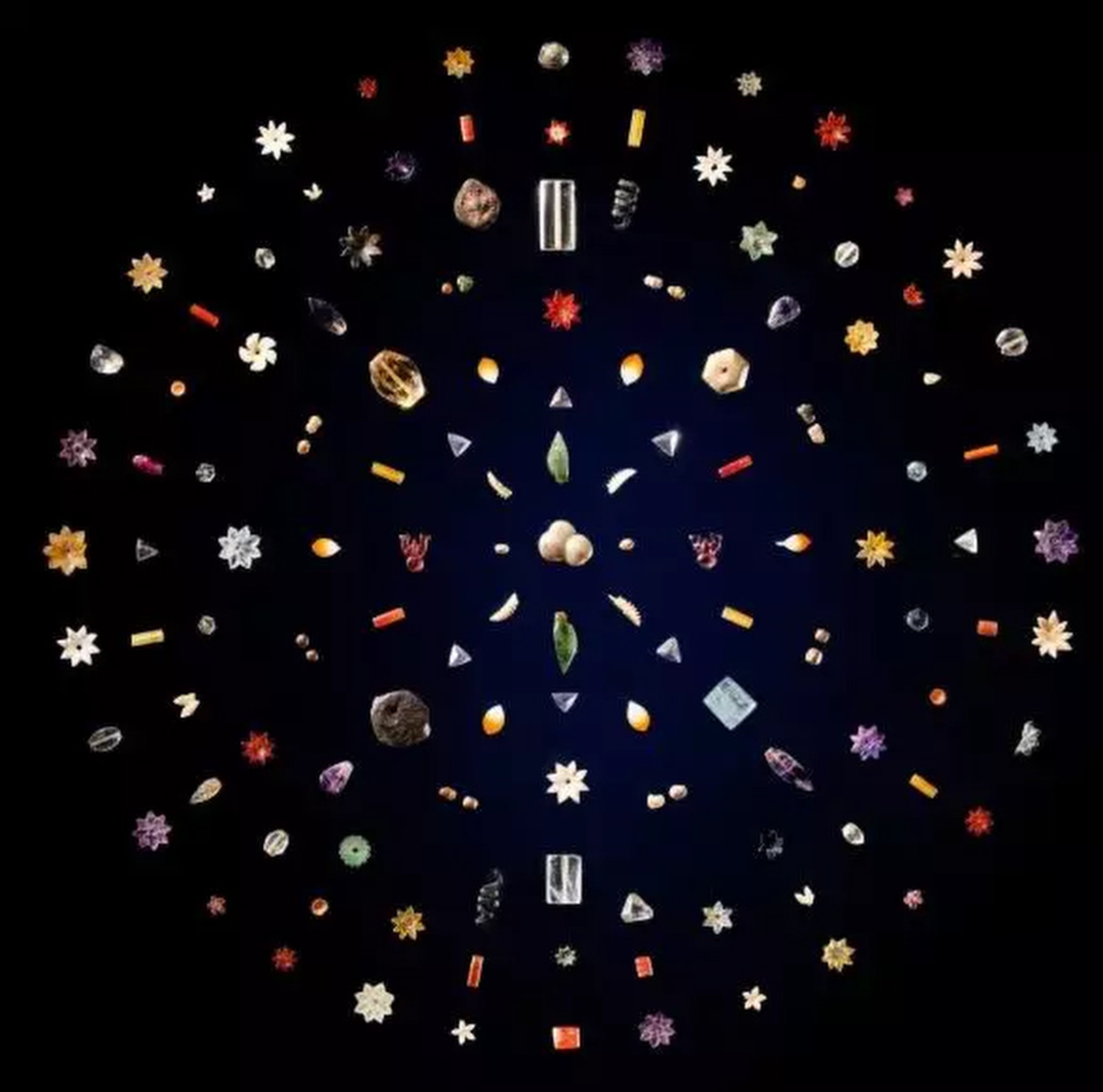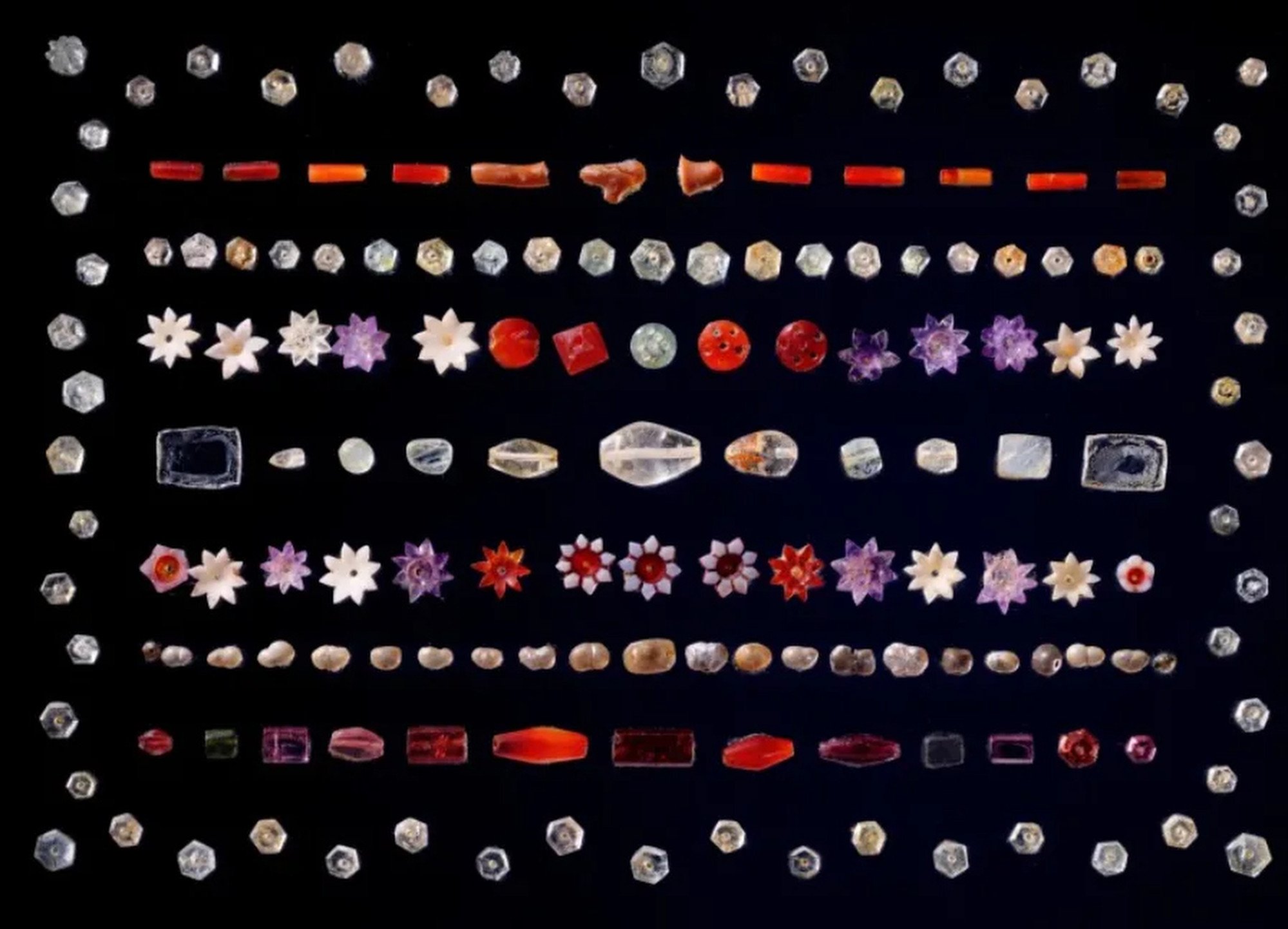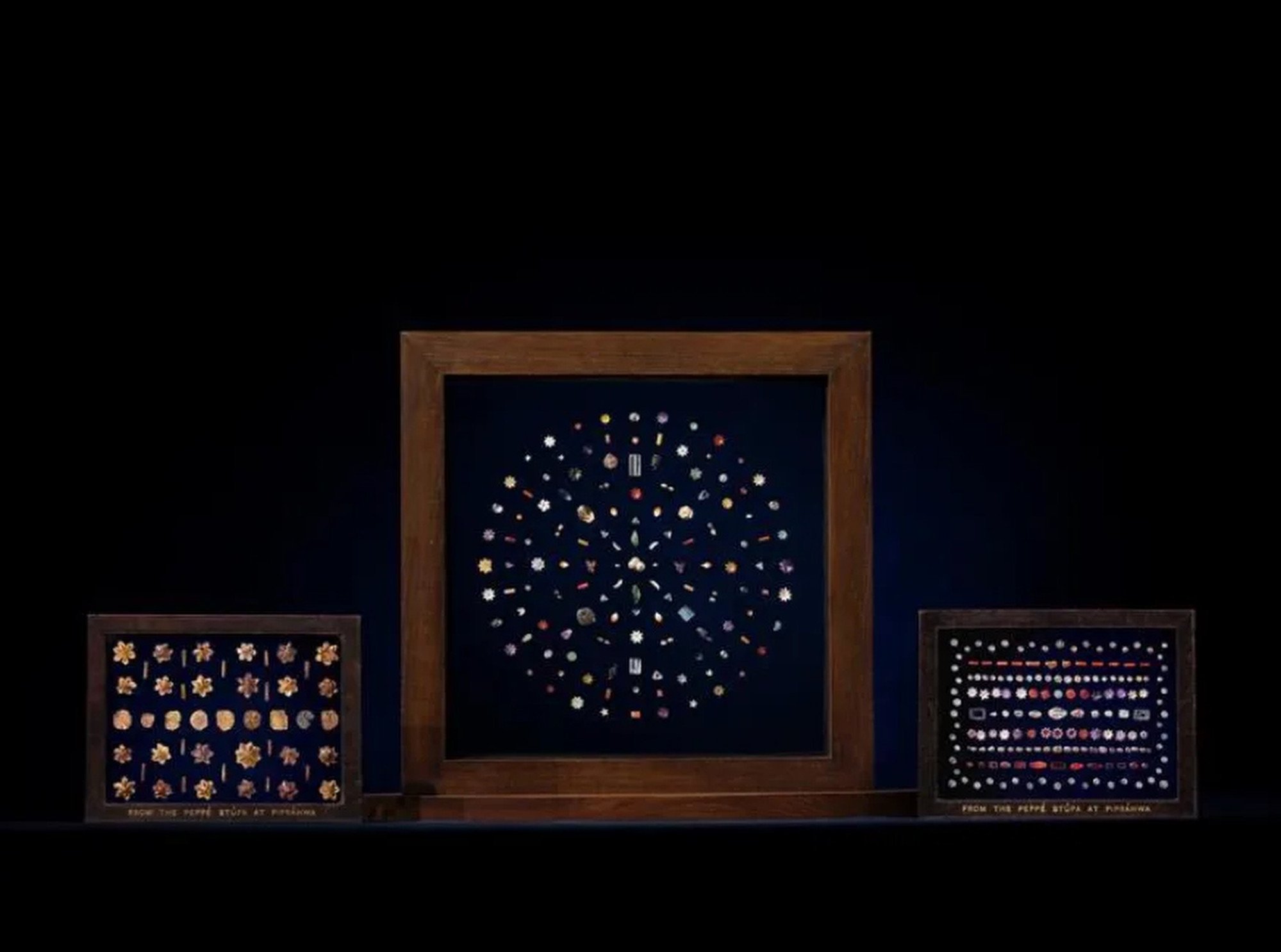Sotheby’s calls last-minute halt to Hong Kong sale of Buddha relics after India intervenes
Sale by family of 19th century British engineer of ‘duplicates’ of sacred relics he found in India called illegal by Indian government

Auctioneers Sotheby’s announced on Wednesday morning that it was postponing the sale in Hong Kong later that day of sacred Buddhist relics in response to a demand from the Indian government.
New Delhi also demanded the immediate repatriation of the relics.
The “Piprahwa Gems of the Historical Buddha” were to have been one of the highlights of a fortnight of auctions ongoing in Hong Kong that are focused on Asian works of art.
According to a member of the family which consigned them for auction, the relics in question are “duplicates” of precious stones, pearls and pieces of gold believed to have been buried around 2,000 years ago with the corporeal remains of the Buddha.
Carved into floral and other motifs, they were unearthed in 1898 in what today is Uttar Pradesh state in India by a British engineer, William Claxton Peppé, in a stupa near the Buddha’s birthplace.
They were found with ash and bones which an inscription in the ancient Pali script described as the “relics of the Buddha, the August One”.

Peppé handed over most of the finds to the then British colonial government in India, which separated the ash and bones from the gems. It presented the former to the Buddhist King Rama V of Siam, as Thailand was then called, and kept the gems in the Indian Museum in Calcutta, now Kolkata.
The gems that were to be auctioned in Hong Kong come from the Peppé family. According to Peppé’s great-grandson Chris, the pieces are “duplicates” of around a fifth of the original find which have been passed down through generations of the family.
In a legal notice dated May 5 and addressed to Ivy Wong, associate general counsel of Sotheby’s Hong Kong, the Indian Ministry of Culture called for the relics to be withdrawn from the auction because the sale would violate Indian and international laws as well as United Nations conventions.
The gems “constitute inalienable religious and cultural heritage of India and the global Buddhist community”, the notice read, and they ought to be returned to India.
It cites examples of other auctions that were halted because of ethical, fraud or legal issues in recent years, such as a “Graceland Auction” of supposed Elvis Presley memorabilia, and the Egyptian government’s attempts to stop the sale of ancient artefacts.

It also claims that the Peppé family “lacks authority” to sell the relics and accused the auction house of taking part in “continued colonial exploitation” by agreeing to the sale. The letter was made public on the Ministry’s Instagram account on May 6.
“In light of the matters raised by the Government of India and with the agreement of the consignors, the auction of the Piprahwa Gems of the Historical Buddha, scheduled for May 7, has been postponed. This will allow for discussions between the parties, and we look forward to sharing any updates as appropriate,” the auction house said in its announcement.
In April, two scholars at London’s School of Oriental and African Studies published a paper, titled “Selling the Buddha’s Relics Today”, objecting to the sale in Hong Kong.
In it they argued that to the vast majority of Buddhists, the gems are part of the Buddha’s śarīra – a term used to describe pearls and other precious objects found among the cremated ashes of Buddhist spiritual masters. As such, they wrote, the relics were “imbued with the living presence of beings who have not truly died but have reached Awakening”, meaning the end of suffering.
Sotheby’s had valued the gems at around HK$100 million (US$13 million), and highlighted their sacred nature in the auction catalogue, which described them as “relics” that are “a portal to another dimension, another time, to the historical Buddha himself”.
The gems were put on show in February in Hong Kong ahead of their planned sale, and on Wednesday morning a sign at Sotheby’s Maison, the auctioneers’ space in the luxury Landmark shopping centre in Central district, was still promoting the public exhibition of the gems.
However, when the Post tried to view them, we were told the exhibition space was closed to the public.